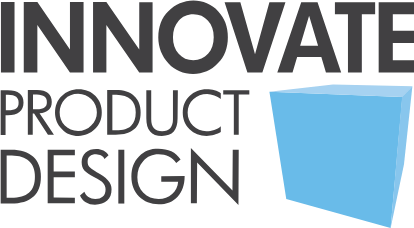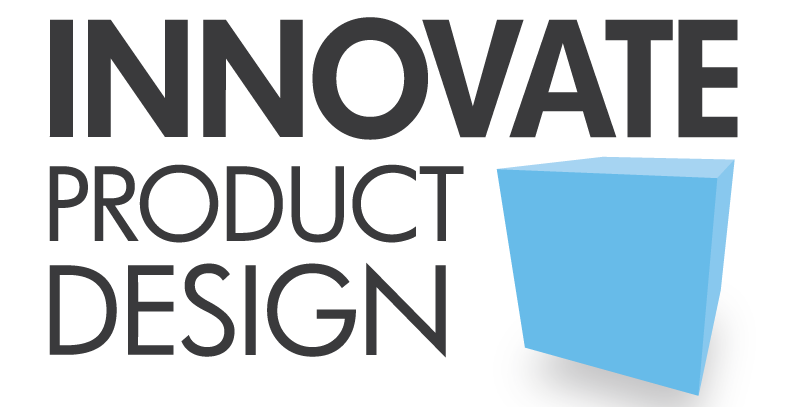There are two routes of taking your idea to market licensing and self-manufacturing. Which one is better for you and your product? In this article we are going to learn about licensing and in a follow up article we will learn about self-manufacturing. Before we can make a decision, we first need to know what they are.Licensing is defined as allowing a business or individual the right to sell and manufacture an invention or product in exchange for continuous payments (royalties) or a onetime payment (lump sum). Most people think they can make a fortune on royalties; however did you know the average royalty percentage is 3% of the wholesale price (not the retail price) of the product? The range can be anywhere between 2% – 10% depending on your product/invention/idea and the company’s policy on licensing. With royalties you will be getting continuous payments over a period of time whereas a lump sum is just a onetime payment up front.
Here are some of the pros for licensing:
- It is a cost-effective route to getting a product to market
- You do not have to spend enormous amounts of money to get your product to market. I.e. manufacturing costs, packaging, patenting, marketing or sales.
- It is a low risk to break into a set market
- The company, who licenses your product from you, will know the market/industry and know how to get your product out there.
- Sometimes the company, who is licensing your product, will give you a portion of the expected royalty as an advance payment.
- If you go the royalty route, your continuous payments (royalties) could last for many years depending on your agreement.
Here are some of the cons for licensing:
- You can lose control of your product.
- Meaning you have no control over the packaging, distribution, cost, sales, and marketing or even how the product is produced.
- A company may license your product, but never put it in production.
- If the company wants to “brand” your product, you have no say in the matter.
- Many products don’t get licensed.
- You may not get any payments or if you do it may be very little.
- Meaning your product might not do well or no one wants to buy your product. With no sales, no royalties.
- Sometimes companies will make you pay a small amount if the product gets returned, damaged or goes on markdowns (sale).
- It may be some time before you see your royalty.
- Sometimes companies will pay quarterly. While this might sound good, four quarters in a year, each quarter is three months, every three months you get a check (providing your product sells); you may not actually get the money until the following quarter following the product sales.
As you can see there are some things you want to consider before jumping into licensing. Some may see the pros outweigh the cons and vice versa, but if you are serious about licensing, it would be in your benefit to find a licensing agent or someone who knows about licensing deals. As with anything, you want to make sure you do your research and due diligence on anyone you are thinking of using. Good luck!



